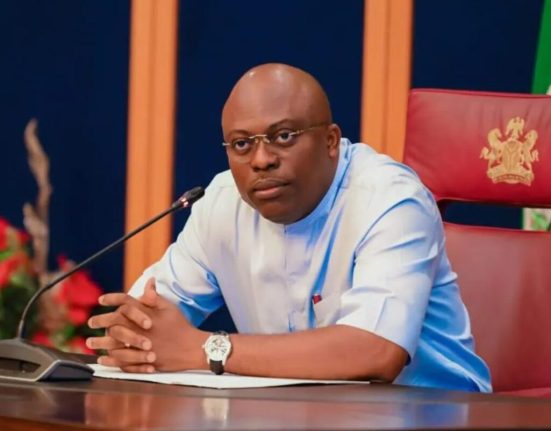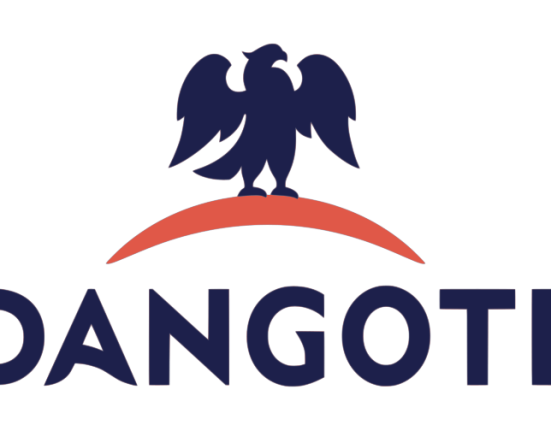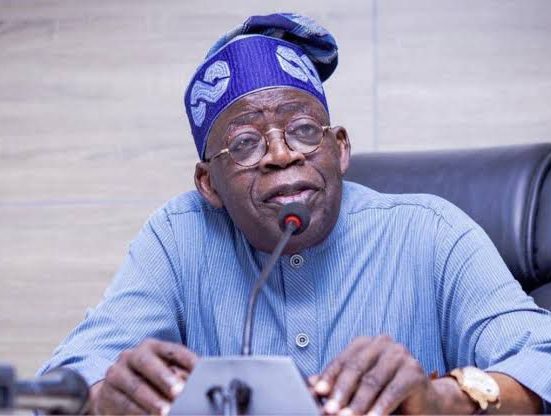The United States Embassy in Nigeria has announced a significant update to its visa application requirements for Nigerian students and exchange visitors. Effective immediately, all applicants for F, M, and J nonimmigrant visas, covering academic, vocational, and cultural exchange programs, must set their personal social media accounts to “public” as part of an expanded vetting process. This policy was disclosed on the official X handle of the U.S. Diplomatic Mission to Nigeria and is aimed at enhancing national security through more transparent applicant screening.
The directive aligns with earlier guidance released by the U.S. Department of State on June 18, 2025, which emphasized a comprehensive vetting process that includes a review of applicants’ online presence. According to the statement, social media activity can provide important insight into a person’s identity, affiliations, and intentions, making it a critical tool in determining visa eligibility. “Every visa adjudication is a national security decision,” the Department noted, underscoring that applicants must not only meet basic eligibility but also demonstrate that they pose no threat to U.S. interests.
The Embassy clarified that the requirement applies to all social media platforms where applicants are active, and that failure to comply could delay or derail the visa process. While the rule has sparked concern among privacy advocates, U.S. officials argue that it is necessary for national safety. The policy is part of a broader effort by U.S. immigration authorities to tighten screening procedures for foreign nationals, particularly in light of evolving global threats and online radicalization.
For Nigerian students and exchange visitors, this development means they must now carefully review the content of their social media profiles before applying for U.S. visas. Content that is considered controversial, misleading, or potentially harmful could be flagged during the screening process, impacting their chances of approval. The U.S. government maintains that obtaining a visa is a privilege, not a right, and that transparency is crucial in maintaining the integrity of the immigration system.
This move is a revival and expansion of a policy first introduced in 2019 under the Trump administration, which required most visa applicants to disclose social media identifiers. The current update goes a step further by mandating that accounts be made publicly visible to consular officers. The announcement has generated widespread discussion among students, education consultants, and legal experts in Nigeria, many of whom are now advising prospective applicants to audit their online presence and avoid content that could be misinterpreted.
As Nigerian students continue to seek higher education opportunities in the United States, the new rule is expected to reshape how they present themselves digitally. While the U.S. remains a top destination for international education, applicants will now need to balance personal expression with the awareness that their digital lives are under official scrutiny.








